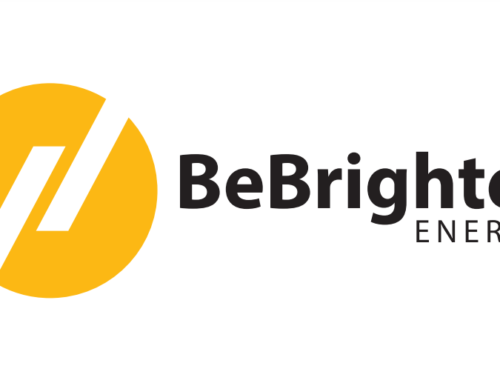Paving The Way For A Sustainable Future
Introduction
Solar energy has emerged as a game-changer in the global energy landscape, offering a clean and renewable alternative to traditional fossil fuels. However, the widespread adoption of solar energy relies heavily on the availability of substantial funding for solar projects. This article researches the critical roles that solar energy project funding plays in paving the way for a sustainable future. We will explore the various sources of funding, including government incentives, private investors and solar energy venture capital.
The Importance of Solar Energy Project Funding
Solar energy is not only environmentally friendly but also economically viable in the long term. However, the initial costs associated with setting up solar infrastructure can be significant, making funding a crucial element in the success of solar projects. These funds are necessary for various purposes, such as research and development, infrastructure construction and technology advancements. Solar energy project funding ensures that renewable energy becomes more accessible, thus contributing to the transition to a sustainable and environmentally responsible energy sector.
Sources of Solar Energy Project Funding
Government Incentives: Governments worldwide have recognised the potential of solar energy in reducing greenhouse gas emissions and mitigating climate change. To encourage the adoption of solar technology, many countries offer incentives and financial support to both individuals and businesses. These incentives can take the form of tax credits, rebates, grants and low-interest loans.
Private Investors: Private investors, including individuals, corporations and impact investors, play a crucial role in funding solar energy projects. They often seek opportunities to support clean and sustainable energy initiatives while also realising a return on their investments. Private investment can take many forms, including equity investments, debt financing or joint ventures.
In recent years, there has been a surge in private investments in the solar energy sector. As solar technology becomes more cost-effective and reliable, investors are increasingly drawn to the potential for long-term profitability. This influx of private capital has driven innovation and expansion in the solar energy industry.
Solar Energy Venture Capital: Venture capital firms that specialise in clean energy technologies have also become significant contributors to solar project funding. These firms identify promising solar startups and provide them with the necessary financial support to develop and commercialise their innovations. Solar energy venture capital can help bring cutting-edge technologies to the market, accelerate the growth of the solar industry and drive down costs.
Conclusion
Solar energy project funding is the lifeblood of the solar industry, driving innovation, infrastructure development and the transition to a sustainable and clean energy future. Government incentives, private investors and solar energy venture capital all play crucial roles in supporting solar projects. As solar technology continues to advance and costs decrease, the importance of funding cannot be overstated. By investing in solar energy projects, we can pave the way for a cleaner and more sustainable future while reaping the environmental and economic benefits of renewable energy sources.



Leave A Comment